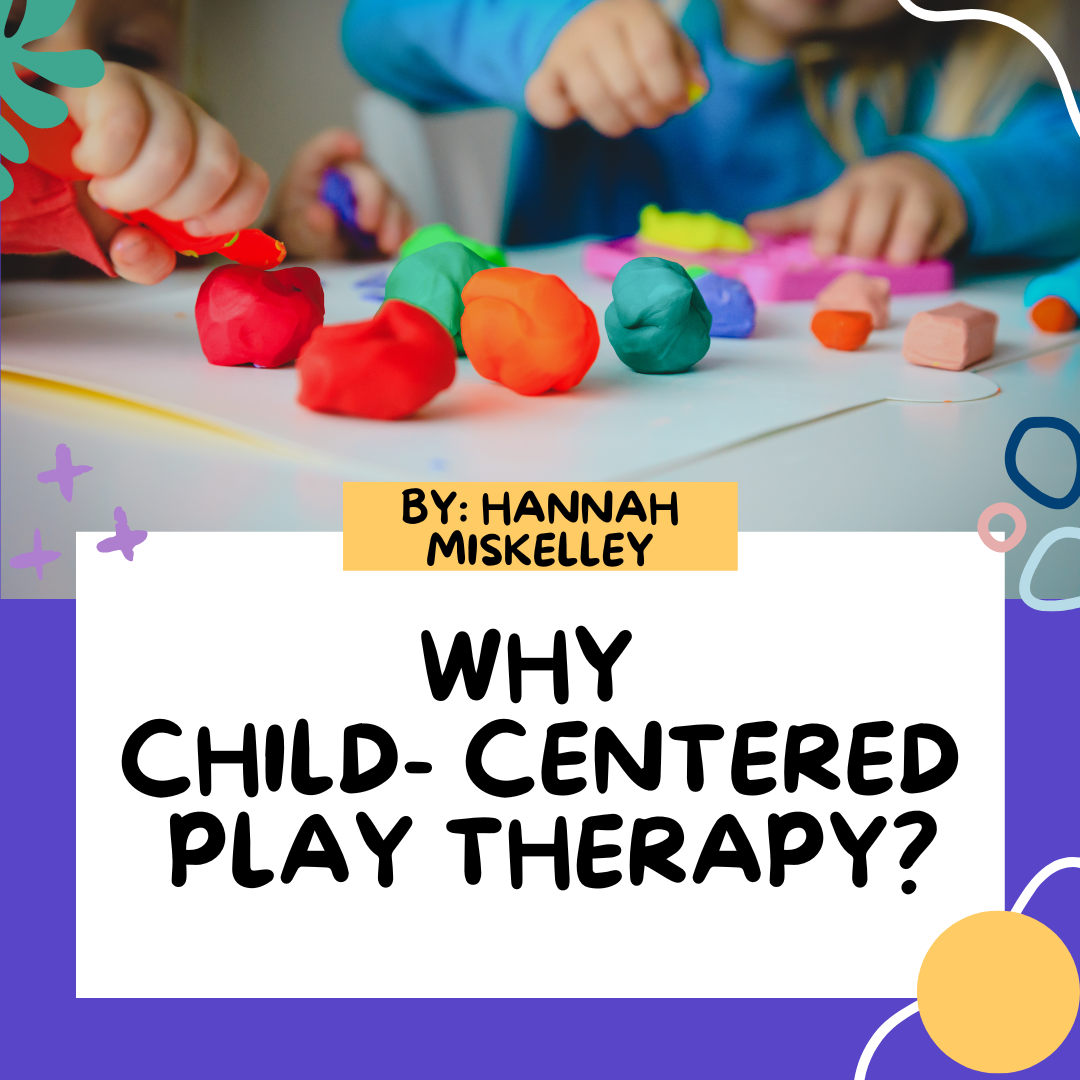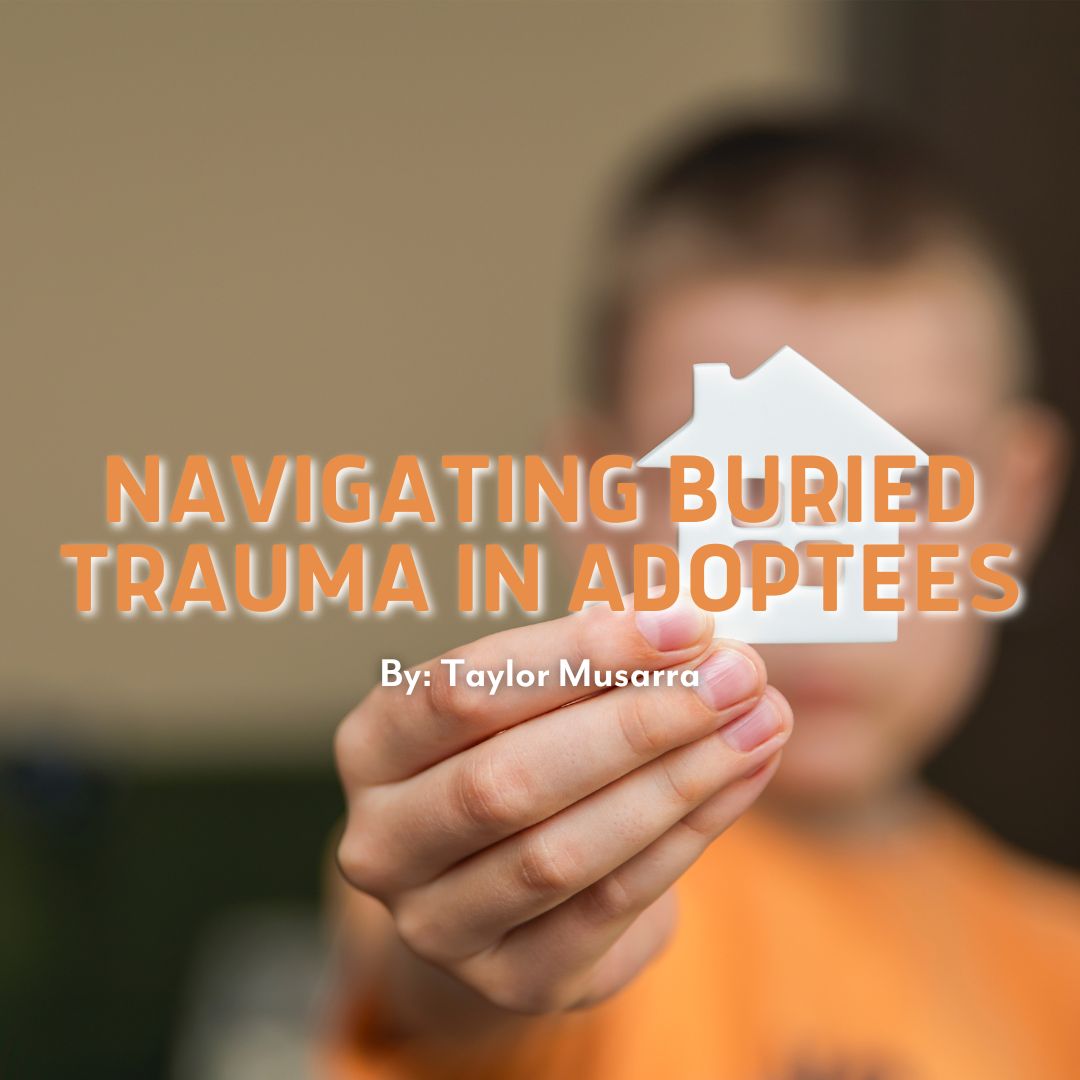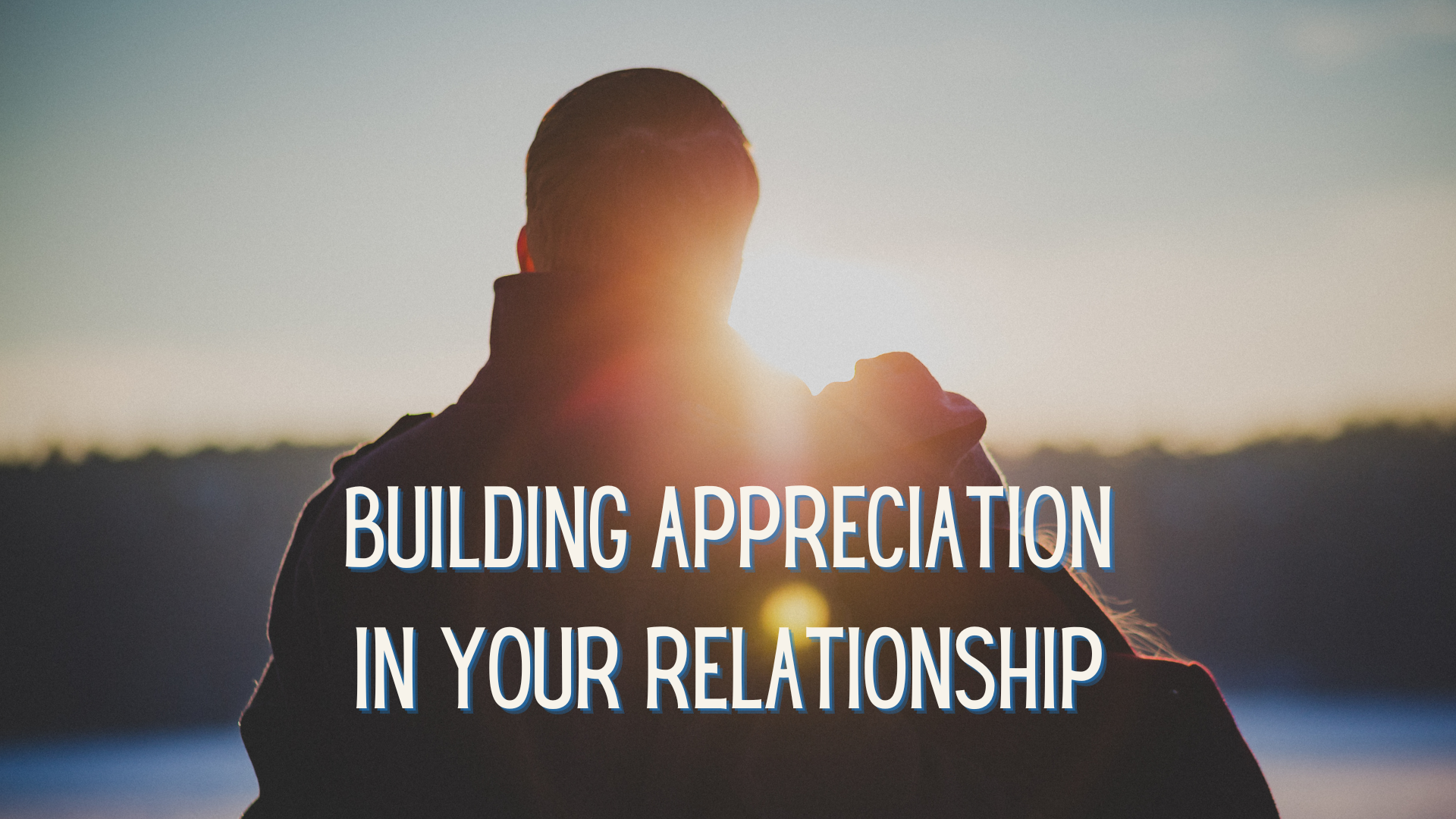Posts Tagged romance

Why Child-Centered Play Therapy?
Read

Optimizing Your Vacation Time
Read

Navigating Buried Trauma in Adoptees
Read

Reframing Your Picture of Honor
Read

6 Steps to Summer Self-Care
Read

Self-Compassion
Read

Self-Care: Prioritizing Your Body, Mind, and Soul
Read

Building Appreciation in Your Relationship
Read
